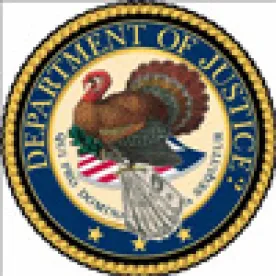On Wednesday, the U.S. Department of Justice (DOJ) announced that Geoffrey Shank, has been sworn in as the new Washington Director of the International Criminal Police Organization (INTERPOL). See http://www.justice.gov/interpol-washington/pr/fbis-james-comey-swears-new-interpol-washington-director. As Director, Mr. Shank will act on behalf of the Attorney General as the official U.S. representative to INTERPOL. He previously served as the Deputy Director of Washington INTERPOL and has had a distinguished career within the U.S. Marshal’s Service spanning more than 25 years.
Through their energy, initiative, and drive, individuals do matter in law enforcement. The appointment of a well-respected and vigorous law enforcement official to the top post in the U.S.’s delegation to INTERPOL is a clear signal that efforts aimed at greater cooperation between U.S. and foreign law enforcement agencies will likely accelerate in the immediate future. Because of the particular importance of international cooperation and assistance by law enforcement in export controls and trade sanctions investigations and enforcement matters, Mr. Shank’s appointment will have particular importance for individuals and companies facing cross-border compliance issues in these areas.
In his remarks, Director Shank highlighted the need for law enforcement to “evolve as our enemies do,” to create an “effective counterweight to the criminal and terrorist networks of the Information Age.” Earlier this year, the DOJ announced that it was closely coordinating with its foreign counterparts in INTERPOL to implement: (1) new operational tools through which INTERPOL could assist in asset tracing, freezing, and recovery; and (2) new mechanisms to simplify and expedite the transmission of mutual legal assistance requests. See http://www.justice.gov/interpol-washington/pr/identifying-new-law-enforcement-tools-enhance-asset-tracing-and-recovery. Just as the commercial world has become flat with far greater international inter-dependence over the past generation, so too the law enforcement world has adapted to adopt greater and greater cross-border cooperation.




 />i
/>i

